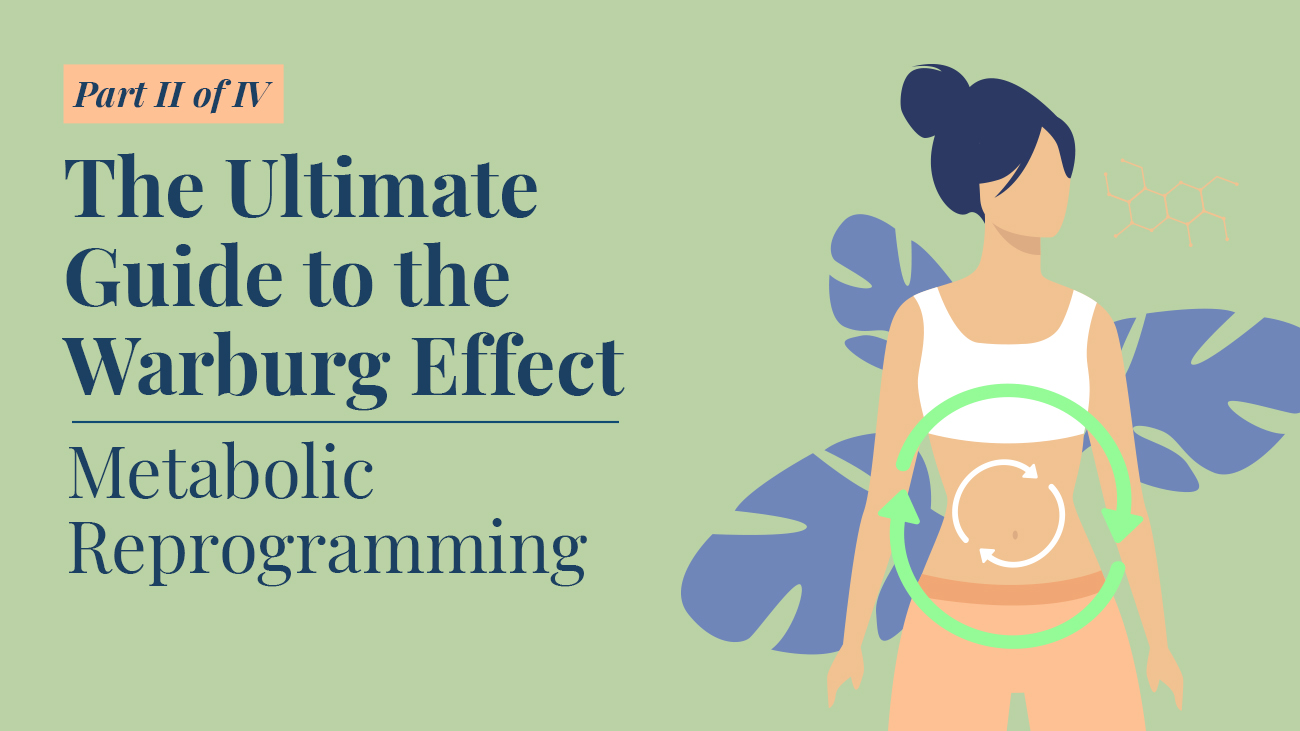A Study Summary
A remarkable new study published in the British Journal of Cancer has shown that excess glucose in the blood (known as hyperglycemia) reprograms cellular energy pathways, and changes their genetic regulation. Scientists were able to clearly demonstrate how cancerous cells are enabled by elevated glucose levels, allowing them to spread round the body and grow into more dangerous types of tumor.
The relationship between glucose (a simple sugar) and cancer was established a century ago, and since then evidence has grown that it is associated with cancer progression, providing: fuel, biosynthetic building blocks and regulatory stimulus to drive growth and metastasis (spreading round the body).
This study focused on pancreatic cancers cells, and the sugar-induced shift in their regulation that enhances cancer development. Scientists used cells both inside and outside the body to show a clear link between hyperglycemia and genetic reprogramming that increases cellular creation of specific proteins.
These glucose-induced cellular changes made cancerous cells less susceptible to cancer therapy (chemotherapy) and more likely to spread round the body. Excess glucose resulted in cancerous cells producing more fiber-like proteins (that increase blood supply to the tumor) and elevated production of substances that create a ‘pro-cancer’ cellular micro-environment.
This latest discovery, pinpointing specific pathways linking glucose to aggressive cancer development, highlights the importance of shifting our diet towards safer sugars. Simple sugars like glucose are rapidly being recognized as both the instigator, and promoter, of uncontrolled cell growth and cancer.
Putting it simply ‘glucose says grow’ which is a dangerous message in an adult body. Elevated glucose levels communicate ‘rogue information’, like a computer virus, sending the wrong message to our cells. Cells ‘bathe’ in an internal biochemical environment that ‘tells’ them what to do.
What message are you communicating via your diet?
Learn more about safer sugars: What are Dr Coy’s Sugars?
Citations
- Liu, Z., Hayashi, H., Matsumura, K. et al. Hyperglycaemia induces metabolic reprogramming
into a glycolytic phenotype and promotes epithelial-mesenchymal transitions via YAP/TAZ-
Hedgehog signalling axis in pancreatic cancer. Br J Cancer 128, 844–856 (2023).


